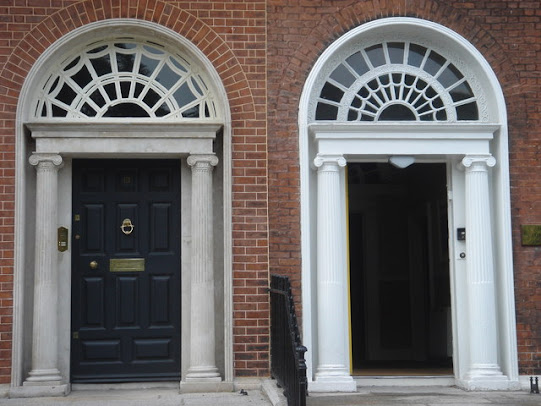Readings(Jerusalem Bible: Australia, England & Wales, Ireland, New Zealand, Pakistan, Scotland)
Readings (New American Bible: Philippines, USA)
Gospel Matthew 13:44-52 [Shorter version: 44-46] (English Standard Version Anglicised, India)
Jesus said to his disciples:
“The kingdom of heaven is like treasure hidden in a field,
which a man found and covered up. Then in his joy he goes and sells all
that he has and buys that field.
“Again, the kingdom of heaven is like a merchant in
search of fine pearls, who, on finding one pearl of great
value, went and sold all that he had and bought it.
[“Again, the kingdom of heaven is like a net that
was thrown into the sea and gathered fish of every kind. When it was full, men drew it ashore and
sat down and sorted the good into containers but threw away the bad. So it will be at the close of the age.
The angels will come out and separate the evil from the righteous and throw them into the fiery furnace. In
that place there will be weeping and gnashing of teeth.
“Have you understood all these
things?” They said to him, “Yes.” And he said to them, “Therefore every scribe who has been trained for the
kingdom of heaven is like a master of a house, who brings out of his
treasure what is new and what is old.”]
Our society desperately needs this sign, and young people need it even more so, tempted as they often are by the illusion of an easy and comfortable life, by drugs and pleasure-seeking, only to find themselves in a spiral of despair, meaninglessness and violence. It is urgent to change direction and to turn to Christ. This is the way of justice, solidarity and commitment to building a society and a future worthy of the human person.
This is our Eucharist, this is the answer that Christ wants from us, from you young people at the closing of your Jubilee. Jesus is no lover of half measures, and he does not hesitate to pursue us with the question: 'Will you also go away?' In the presence of Christ, the Bread of Life, we too want to say today with Peter: 'Lord, to whom shall we go? You have the words of eternal life' (Jn 6:68).
Dear friends, when you go back home, set the Eucharist at the centre of your personal life and community life: love the Eucharist, adore the Eucharist and celebrate it, especially on Sundays, the Lord’s Day. Live the Eucharist by testifying to God’s love for every person.
In today's Gospel Jesus tells us: The kingdom of heaven is like a merchant in search of fine pearls, who, on finding one pearl of great value, went and sold all that he had and bought it.
Young Carlo while still a child found the one pearl of great value: his Catholic Christian faith received as a gift from God through baptism within which he found Jesus present in the Holy Sacrifice of the Mass and in the Blessed Sacrament.
One of the extraordinary things about Carlo, who in so many ways was ordinary in the best sense, was his influence on adults, bringing his parents back to the faith and bringing a young man from India, Rajesh Mohur, a Hindu employed by his family, to the Catholic faith. Rajesh talks about this in the video below. Flavio Bergamo, an adult who learned through the internet about Carlo some years after the teenager's death, was a middle-aged man who had fallen away from the faith for many years. He tells in the video below how the young teenager brought him back to the faith.
Carlo died within a week of being diagnosed with leukaemia. Most of the people who attended his funeral Mass were people his parents didn't know, some of them immigrants working as caretakers in buildings whom Carlo got to know by name while walking to school.
The video below is just over 30 minutes in length but I urge you to take the time during the next few days to watch it. I have just done so, not for the first time. It is really time with the Lord Jesus. Among other things, it shows us that as followers of Jesus we are called to be persons of joy, not with silly 'smileys' on our faces but with the joy in our hearts that only Jesus can give, He who said to the Apostles at the Last Supper: These things I have spoken to you, that my joy may be in you, and that your joy may be full (John 15:11).
May the young people gathering in Lisbon this week draw closer to the Lord Jesus and may they be inspired by the life of Blessed Carlo Acutis who is not just a patron of youth but the patron of computer programmers.
Traditional Latin Mass
Eighth Sunday After Pentecost
The Complete Mass in Latin and English is here. (Adjust the date at the top of that page to 07-30-2023 if necessary).
Epistle: 1 Corinthians 10:6-13. Gospel: Luke 19:41-47.










%20WGA.jpg)










